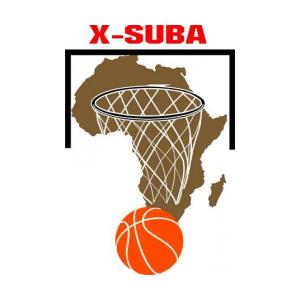X-SUBA is a Ugandan NGO using sport and play to educate and empower children and youth, tackling poverty, conflict and disease affecting disadvantaged communities.
The use of sport for peace and development is well founded in the sector and X-SUBA uses this powerful tool to affect positive social change and gender balance. Their programmes focus on health, education and youth mentorship. X-SUBA engage youth with topics such as sexual reproductive health, building livelihood skills and protecting the environment. Their youth empowerment work encourages young people to innovate solutions to community problems.
They work across primary schools and the wider communities in Jinja. X-SUBA are currently working in 6 schools and plan to expand to 6 more.
- The education programme is delivered at their Learning Centre. Helping disadvantaged children access education, they run an acceleration hub for children of school age (6-13) but who haven’t had the opportunity to go for reasons of poverty and other barriers.
- Their Wakanda Girls Project uses netball to empower girls to make informed decisions about their menstrual health and the confidence to participate in activities. A lack of menstrual supplies is a major barrier to school attendance. X-SUBA have partnered with Freedom4Girls to run a pilot project in one school to supply reusable sanitary pads and use netball to educate girls on health and life skills.
- The Ffena Tuzanye Project uses netball to educate girls and boys about gender-based violence. Uganda has one of the highest rates of GBV worldwide. X-SUBA want to challenge gender stereotypes and empower youth to stand up to GBV. Using netball with both boys and girls is intended to break gender stereotypes in sport and create a inclusive environment.
- The Kapiira ka kaveera Project focuses on environment. X-SUBA uses football to raise awareness about the negative effects of plastics on the environment. ‘Kavera’ is a name commonly given to plastic bags in Uganda, they are used prolifically and have become a symbol of waste. They teach youth about recycling and the dangers of poor plastic waste management.
Their website is currently down but you can see their Instagram or Facebook.


